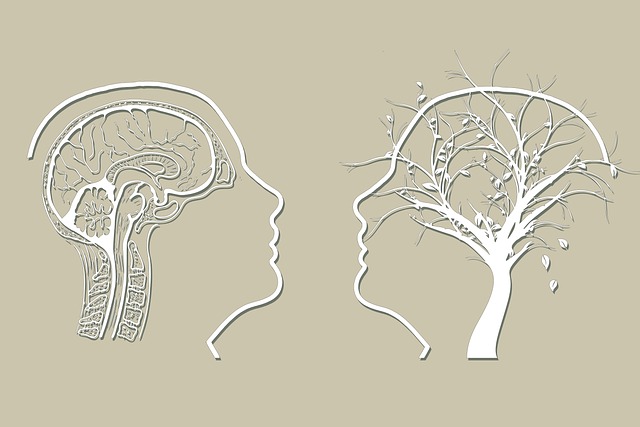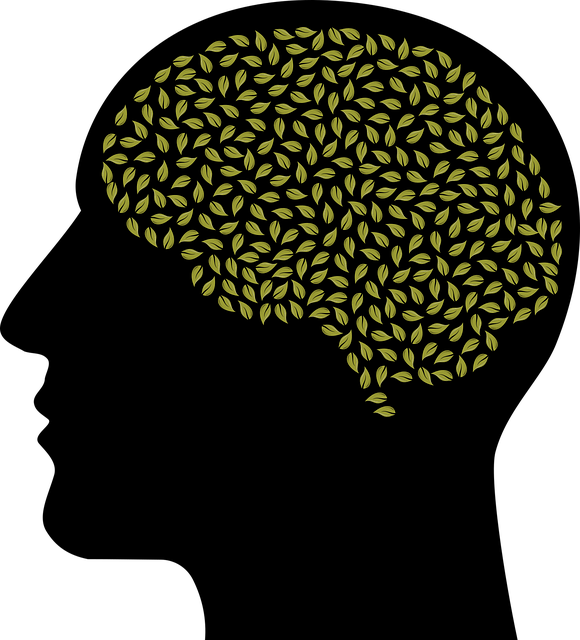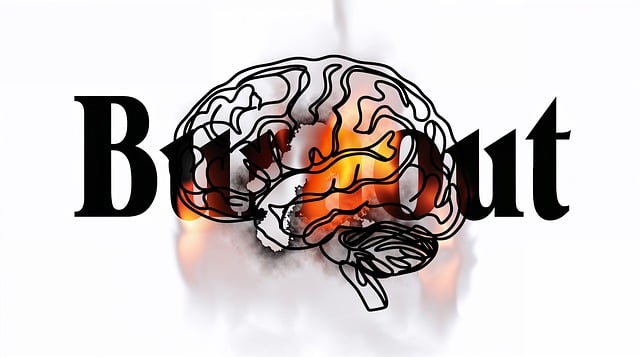Centennial Anxiety Therapy offers a unique, community-focused group facilitation approach to combat modern life's anxiety-inducing pressures like constant connectivity and rapid change. Through safe sessions, participants gain emotional intelligence, learn to manage stress impacts on mental health, develop coping strategies, and reduce stigma. Interactive activities and guided discussions foster resilience, self-awareness, and meaningful connections for improved overall mental wellness. Effective group facilitation involves creating inclusive spaces with clear rules, engaging techniques, and regular assessments, alongside training for healthcare providers and public awareness campaigns, to support participants' journey towards inner strength and confidence in personal growth.
“Explore powerful group facilitation techniques rooted in Centennial Anxiety Therapy, a framework designed to foster mental wellness. This article delves into effective strategies for collaborative settings, offering insights on engaging techniques to enhance emotional resilience. From understanding group dynamics to providing participant support, discover practical tips for leading impactful sessions. By integrating these techniques, facilitators can create safe spaces, promote self-awareness, and revolutionize mental health support within communities.”
- Understanding Centennial Anxiety Therapy: A Framework for Group Facilitation
- Engaging Techniques to Foster Mental Wellness in Collaborative Settings
- Practical Tips for Effective Group Leadership and Participant Support
Understanding Centennial Anxiety Therapy: A Framework for Group Facilitation

Centennial Anxiety Therapy offers a unique framework for group facilitation centered around understanding and managing anxiety in today’s fast-paced world. This therapeutic approach recognizes that modern life often exacerbates feelings of anxiety due to constant connectivity, high expectations, and rapid changes. By creating safe spaces where individuals can openly discuss their experiences, facilitators foster a sense of community and shared understanding.
Group sessions focus on emotional intelligence as a key tool for anxiety relief. Participants learn to recognize and manage their emotions, understand the impact of stress on mental health, and develop strategies to cope with daily challenges. Through interactive activities and guided discussions, facilitators help members challenge negative thought patterns and reduce the stigma surrounding mental illness. This supportive environment encourages individuals to build resilience, enhance self-awareness, and cultivate meaningful connections, ultimately promoting better mental wellness for all involved.
Engaging Techniques to Foster Mental Wellness in Collaborative Settings

In facilitating mental wellness groups, engaging techniques play a pivotal role in creating a collaborative and supportive environment. One effective approach is incorporating Centennial Anxiety Therapy strategies that encourage open dialogue and peer support. By fostering a safe space where individuals feel comfortable sharing their experiences, group members can learn from one another, gain new perspectives, and build resilience against anxiety and stress.
Additionally, integrating practices such as Mindfulness Meditation and exercises focused on Self-Esteem Improvement can significantly enhance the overall wellness of the group. These techniques promote inner calm, self-awareness, and a positive self-image, which are essential for navigating life’s challenges collaboratively. Through regular practice, participants develop Inner Strength Development, enabling them to approach personal growth and mental health with renewed confidence and optimism.
Practical Tips for Effective Group Leadership and Participant Support

Effective group facilitation goes beyond simply moderating a discussion. For mental wellness groups, leaders should foster an inclusive environment that encourages open and honest communication. Start by establishing clear ground rules, ensuring every participant feels heard and respected. Encourage active participation using various engagement techniques like icebreakers, small group discussions, and whole-group reflections. This approach not only enhances learning but also promotes a sense of belonging, crucial for managing Centennial Anxiety Therapy within the group setting.
Risk Management Planning for Mental Health Professionals is essential to navigate potential challenges. Leaders should be prepared for sensitive topics and diverse individual needs. Regularly assess the group’s dynamics and adjust facilitation strategies accordingly. Incorporating Public Awareness Campaigns Development can further support participants by promoting mental health literacy among peers. Additionally, offering ongoing Healthcare Provider Cultural Competency Training ensures facilitators are equipped to address a wide range of issues, fostering a supportive and inclusive atmosphere for all.
Centennial Anxiety Therapy offers a powerful framework for group facilitators aiming to enhance mental wellness. By employing engaging techniques and practical leadership skills, we can create collaborative environments that support individuals in navigating their anxieties and fostering resilience. Integrating these strategies into our practices enables us to make a significant impact on the lives of those seeking guidance, ultimately promoting a healthier and more supportive society.











